Soil testing is the most integral part of construction and engineering projects since the quality and composition of soil can have considerable effects on the structure’s stability and durability. This ranges from analyzing the bearing capacity of the soil to discovering moisture content issues; soil testing allows engineers, architects, and other construction professionals to make decisions with knowledge about whether or not they should construct there.
In this blog, we shall look at the best soil testing equipment Manufacturer in Delhi that will enable you to obtain accurate results, ensure that your projects are safe, and optimize the construction process.
Why Soil Testing is Crucial for Construction and Engineering Projects
Before embarking on any building project, whether it is a residential building or a bridge or highway, one needs to understand the nature of the soil in which the structure is to be constructed. It is of much importance as soil affects directly the design of the foundation and stability of the overall structure.
Soil testing helps identify:
- Bearing capacity: The soil’s ability to support the load of a structure.
- Compaction: How well the soil particles are packed together.
- Moisture content: The amount of water present in the soil, which can affect stability and drainage.
- Soil type: The composition of the soil, including clay, sand, or silt.
- Plasticity and shrinkage: How the soil will react to changes in moisture levels.
- Permeability: How well water flows through the soil, which impacts drainage and foundation performance.
These factors must be considered in the design and execution of construction projects to avoid structural failure, land erosion, or foundation settling.
Types of Soil Testing Equipment
Soil testing is subdivided into different types of tests, and for each test, there is unique equipment required. Let’s go through the top soil testing equipment manufacturer in Delhi commonly used in construction and engineering projects:
1. Soil Compaction Testing Equipment
For structure weight, there is a high need for it to be provided with soil capable of supporting enough weight. Hence, soil compactness is important. To measure the moisture-retaining capacity of the soil while maintaining its strength, compaction tests are executed. The popular compaction test types are two: the Proctor Test and the CBR or California Bearing Ratio test.
- Proctor Compaction Test Apparatus: used for the determination of the optimum moisture content and the maximum dry density of the soil. The set includes a mold, hammer, and mechanical or manually operated device in the compaction of the soils.
- A CBR Testing Machine: The California Bearing Ratio test determines the bearing capacity of the soil. It is the most significant requirement for the design of pavement structures. The CBR machine is designed to apply a standard load on a soil sample, measuring the resistance to penetration.
Benefits:
- Ensures soil is compacted enough for foundation stability.
- Helps optimize material usage and reduce project costs.
2. Soil Moisture Testing Equipment
Moisture in the soil determines its suitability for construction. The presence of more moisture in the soil weakens it, whereas less moisture causes soil shrinkage or cracking. Moisture testing equipment in soil delivers accurate measurements of the moisture present in the soil.
- Moisture Meter: A digital or analog meter that measures the percentage of moisture in a soil sample. It’s an easy-to-use tool that provides quick results.
- Oven Drying Method: In this method, a soil sample is weighed, heated in an oven to evaporate the moisture, and then re-weighed to determine the moisture content.
Benefits:
- Provides accurate moisture content for designing foundations and drainage systems.
- Prevents soil issues like shrinkage or swelling due to excessive moisture.
3. Soil Density Testing Equipment
Soil density should be an ideal parameter to help one judge or rate the load-carrying ability of soils. A density test determines whether it is compact and thus capable enough to carry a structural load.
- Density Cone Penetrometer: This tool helps determine the in-situ dry density of the soil. It measures how much force is needed to penetrate the soil, which indicates its density and compaction level.
- Sand Replacement Method Apparatus: This method measures the density of the soil by replacing the excavated soil with sand and determining the volume of the soil removed.
Benefits:
- Ensures soil compaction is adequate to support construction.
- Helps avoid foundation settling or shifting.
4. Soil Permeability Testing Equipment
The soil permeability measures the transmission of water. The importance increases where foundations exist, drainage, and subterranean construction.
- Permeability Test Apparatus: This equipment is used to determine the rate at which water flows through a soil sample. The falling head or constant head method is typically used for coarse-grained and fine-grained soils.
Benefits:
- Ensures that drainage systems function properly, preventing water buildup and erosion.
- Helps engineers design foundations that can handle water flow, especially in areas with high rainfall.
5. Soil pH Testing Equipment
The pH of the soil may influence the strength and stability of materials such as concrete and mortar. Soils that have high acidity or alkalinity can conflict with construction materials. Testing for pH is an easy way to check whether the conditions of the soil are appropriate for construction.
- Soil pH Test Kit: These kits are simple, cost-effective, and give immediate results. They typically include a test tube, a soil sample, and a reagent to measure the soil’s acidity or alkalinity.
Benefits:
- Ensures that soil conditions are suitable for materials used in construction.
- Helps in choosing appropriate materials to prevent chemical reactions.
6. Atterberg Limits Testing Equipment
The Atterberg limits test is the measure of the plasticity of soil, particularly clay, which is very important in determining how it will act under changes in moisture levels.
- Atterberg Limits Apparatus: This includes devices for performing the Liquid Limit, Plastic Limit, and Shrinkage Limit tests. These tests help determine soil classification and its suitability for construction.
Benefits:
- Provides insights into the soil’s ability to maintain structural integrity under changing moisture levels.
- Helps identify soil with excessive plasticity that could cause problems like shrinkage or expansion.
7. Direct Shear Test Apparatus
The Direct Shear Test is used to determine the shear strength of the soil, which plays a key role in the design of foundations, slopes, and retaining walls.
- Direct Shear Testing Machine: This machine applies a controlled force to a soil sample to determine its shear strength, which is a crucial factor in soil stability.
Benefits:
- Assesses soil stability for supporting heavy structures.
- Helps ensure that the soil won’t slide or collapse under pressure.
Key Benefits of Using the Best Soil Testing Equipment
- Accurate Data for Design and Planning: Soil testing provides essential information that allows engineers to design safe, stable, and cost-effective structures.
- Minimized Risks and Failures: Proper soil testing reduces the risk of foundation failure, soil erosion, and water-related issues, thereby enhancing the safety of the project.
- Compliance with Regulations: The best soil testing equipment ensures that the project complies with local building codes and environmental regulations.
- Cost Efficiency: Early knowledge of soil properties helps engineers avoid unnecessary construction delays and cost overruns.
Conclusion
Soil testing is very crucial to ensuring the safety, stability, and longevity of any construction. Therefore, through the best soil testing equipment manufacturer in Delhi, professionals can gather information that is driven to informed decisions and thus well-designed, durable, and cost-effective infrastructure.
This may not be one of the largest investment decisions that will make your project a success, but one cannot doubt the benefits of high-quality soil testing equipment when measuring moisture content, compaction, permeability, and shear strength for your construction or engineering project.
FAQs
Q1: How often should soil testing be conducted during a construction project?
A1: Soil testing should be conducted before the start of construction to assess initial conditions. Additional tests may be required during the project to monitor soil changes or verify compaction.
Q2: Can soil testing equipment be used for all types of soil?
A2: Yes, most soil testing equipment is designed to test a wide range of soil types, including sand, clay, silt, and loamy soils.
Q3: Is soil testing necessary for every construction project?
A3: Yes, soil testing is essential for all construction projects to ensure the stability and safety of the foundation, regardless of the type or scale of the project.
Q4: Can soil testing equipment be rented or purchased?
A4: Many companies offer both rental and purchase options for soil testing equipment, depending on the needs and duration of your project.
Q5: How can I ensure the accuracy of my soil tests?
A5: Regular calibration of testing equipment, following standardized procedures, and using reliable, high-quality equipment are key to ensuring accurate soil tests.
By choosing the best soil testing equipment for your project, you are investing in the long-term safety and success of your construction endeavors.
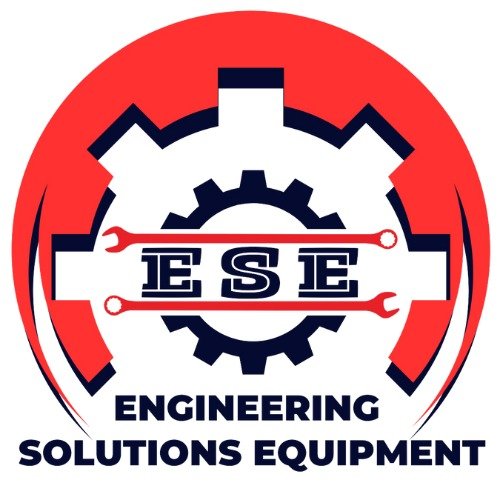

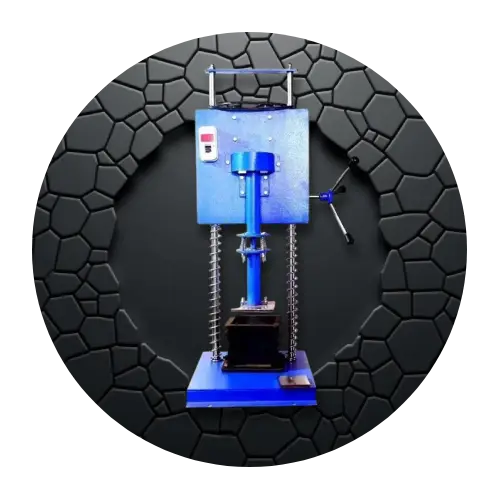
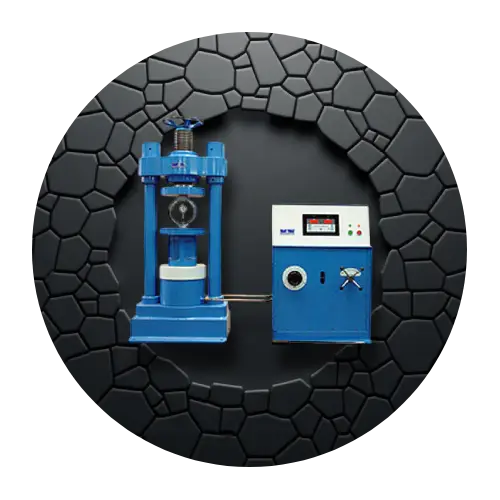
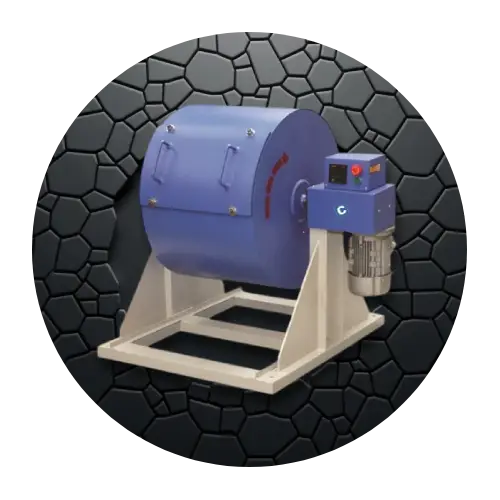
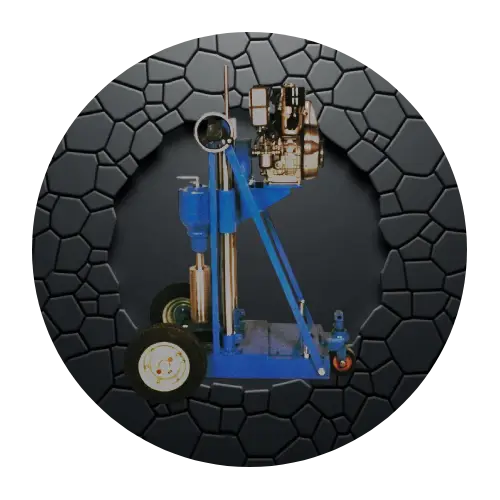
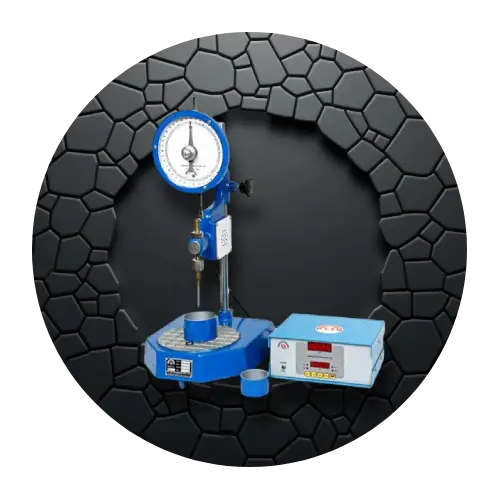
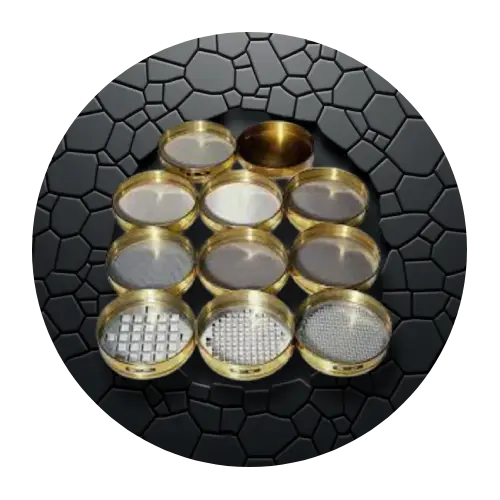


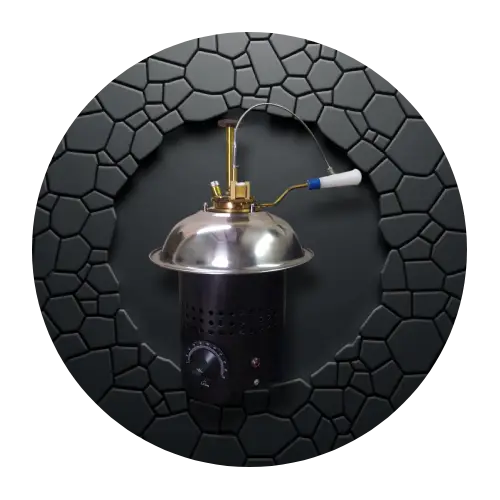
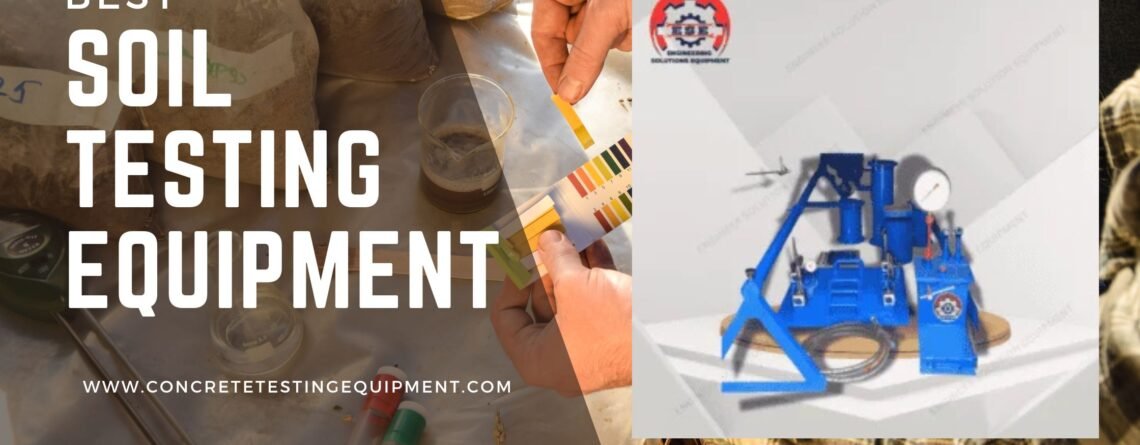
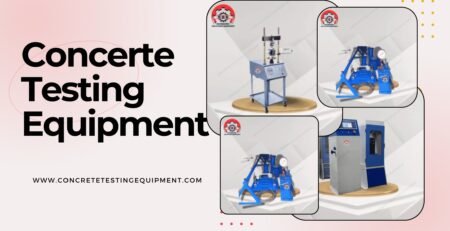
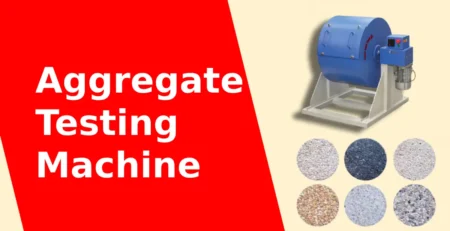

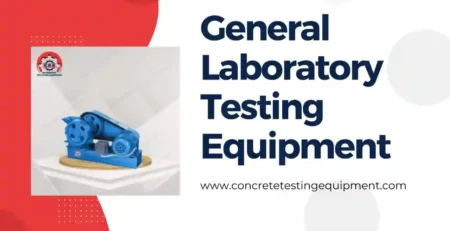
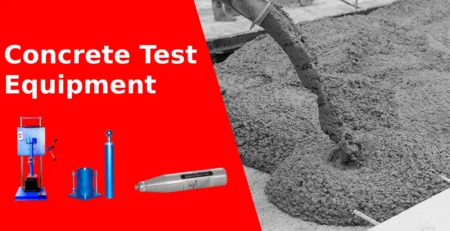






Comment (1)
Solid article!